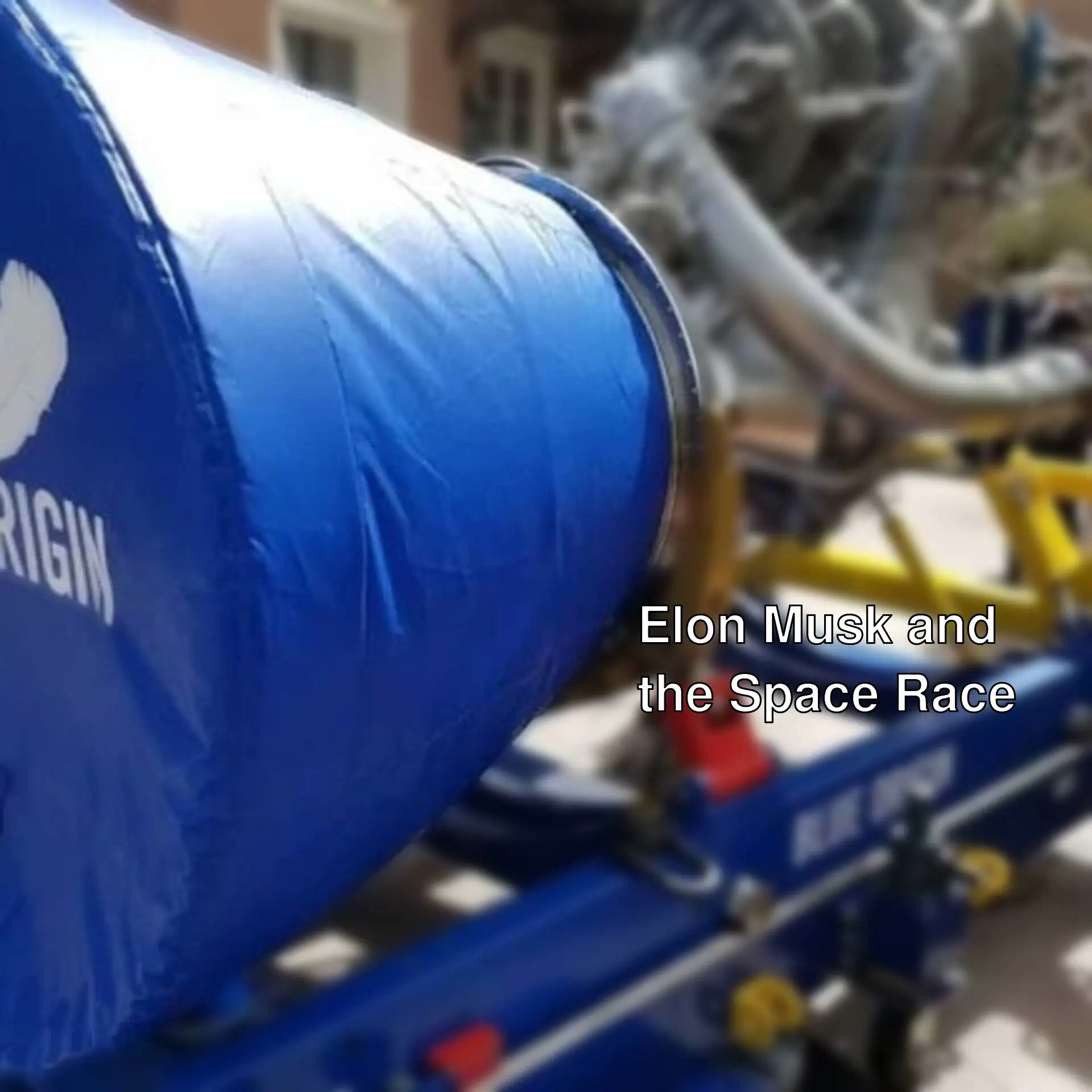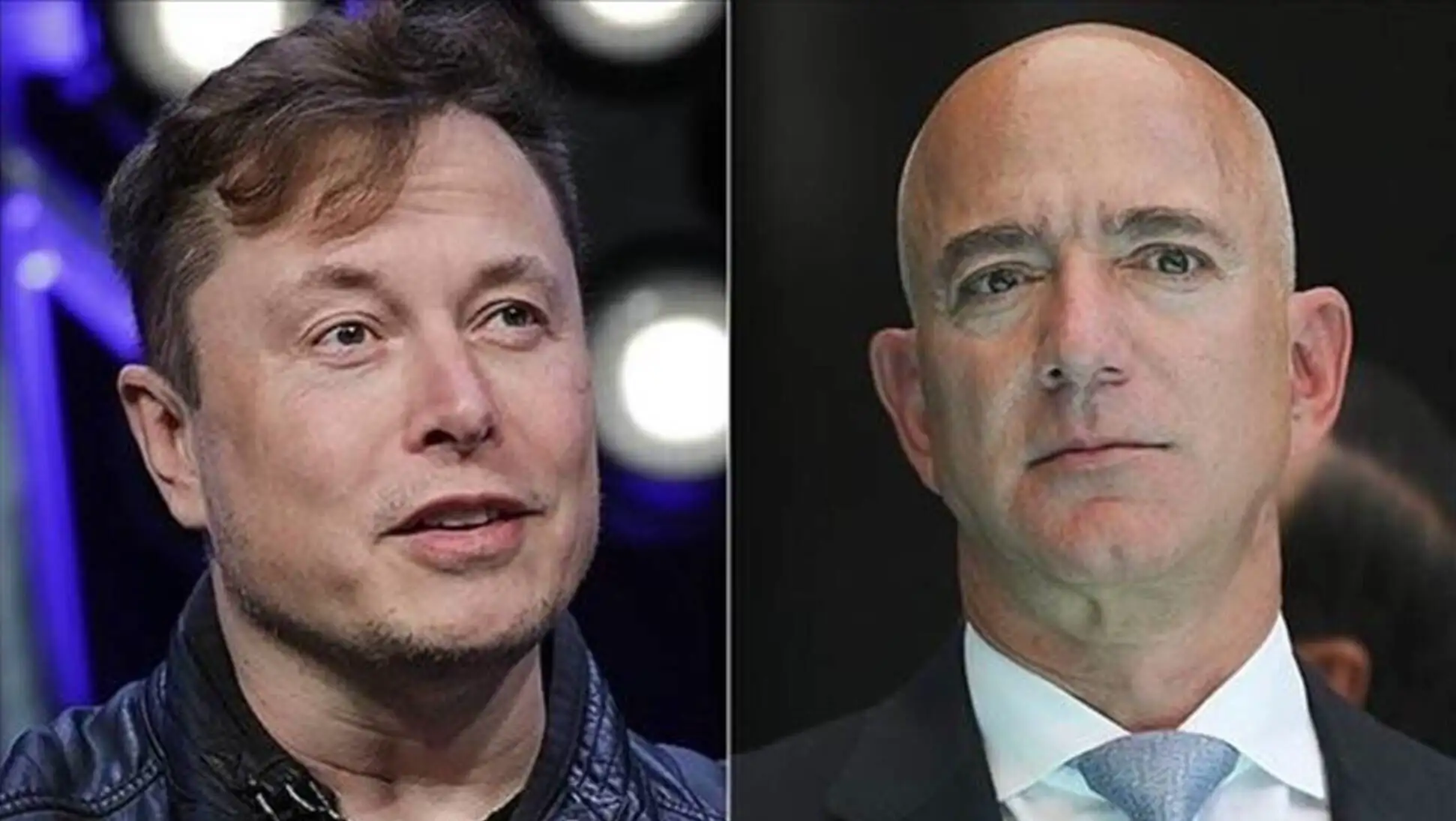Elon Musk and the Space Race: A New Era Begins

Elon Musk and Jeff Bezos are in a race to develop systems for refueling in space. How will this competition transform space travel?
The massive fuel loads carried by rockets have been one of the biggest obstacles to deep space travel. For instance, 85% of the total weight of the Saturn V rocket used during the Apollo era was fuel. This limits payload capacity and increases costs.
With new plans, rockets will launch lighter from Earth and be able to refuel at 'gas stations' in orbit, allowing for longer ranges and more payload capacity.
SpaceX plans to turn the Starship rocket into a giant fuel depot in orbit. Other Starship tankers will fill this depot, and landing vehicles will refuel from there.

Blue Origin is developing a different model with its New Glenn rocket, transporting fuel from Earth's orbit to the Moon's orbit. When the crew arrives in another vehicle, the landing craft will be powered by the ready fuel.
While refueling in space may sound simple, it requires complex engineering. NASA has tested cryogenic cooling systems to solve the problem of storing liquid fuels at extremely low temperatures.
Musk stated in 2017 that reaching Mars would only be possible through this method. Today, he expresses that sending a Starship to Mars in 2026 is a 'small possibility.'